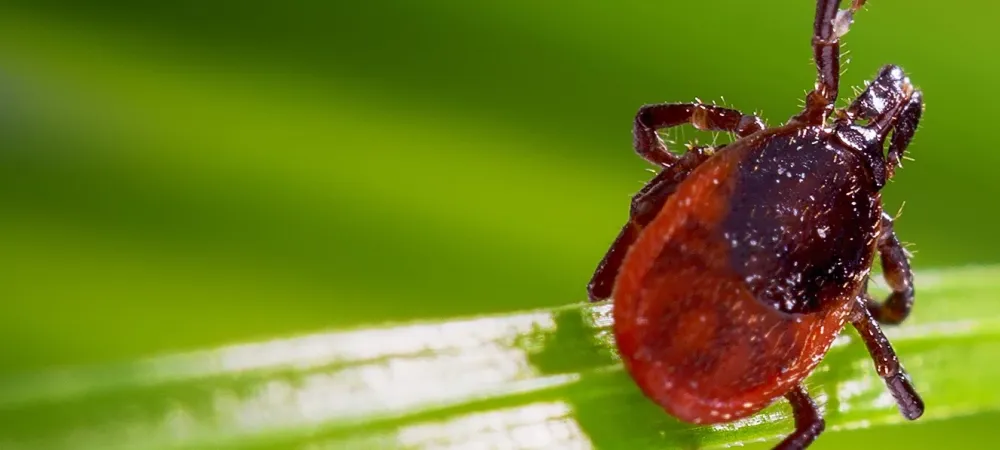Biting and Stinging Pests of Summer

Biting and stinging pests are out in force this summer. While some of these pest stings are just painful or itchy, others can be more serious, and dangerous to our family and pets.
Biting pests see people as “fast food”. Most are very efficient at sucking out our blood, including mosquitoes, ticks, fleas, lice, bed bugs, chiggers, conenose bugs, biting flies, and no-see-ums. In most cases it’s not our loss of blood that causes the most concern – it’s what these pests can transmit directly into our blood stream that is much more dangerous. These include hundreds of organisms that cause everything from Lyme disease, to West Nile and Zika. Plus, the chemicals in the insect saliva causes us itching and swelling that is especially unpleasant.
Stinging pests, including bees, all kinds of wasps, and some ants, usually sting because they perceive us as a threat to themselves or their colony. Most of these pests inflict a lot of pain- its’s their way of saying, “Leave us alone or else…” We get the message instantly when we yell “Ouch!”
But these pests can deliver much more than just a painful sting. The real danger is a mass attack – being stung over 200 times can be fatal, although in some cases victims with over 1,000 bee stings have survived with proper medical treatment. However, just one sting, if not treated quickly, can be deadly for up to 4% of our population that is hypersensitive to these stings.
Also, watch this summer for stings from other kinds of venomous pests, such as spiders, centipedes, and scorpions!
LED Bulbs and Insects
While most LED light bulbs are less attractive than standard incandescent light bulbs, some LEDs do attract insects. If you are using a light bulb outside, or where it will be seen from outdoors, such as through a window, keep the following in mind to attract fewer flying and crawling pests.
For these areas, choose LED bulbs that have warmer white and yellow tones, because bulbs that produce cooler white or bluish tones attract more insects. Also, some specialty LED bulbs, especially plant grow lights, contain UV light and these attract insects.
Keep in mind that if everything else is equal, a brighter light bulb will attract more insects than a dimmer light. Use only the number of lumens, or watts, that you need for adequate visibility.
